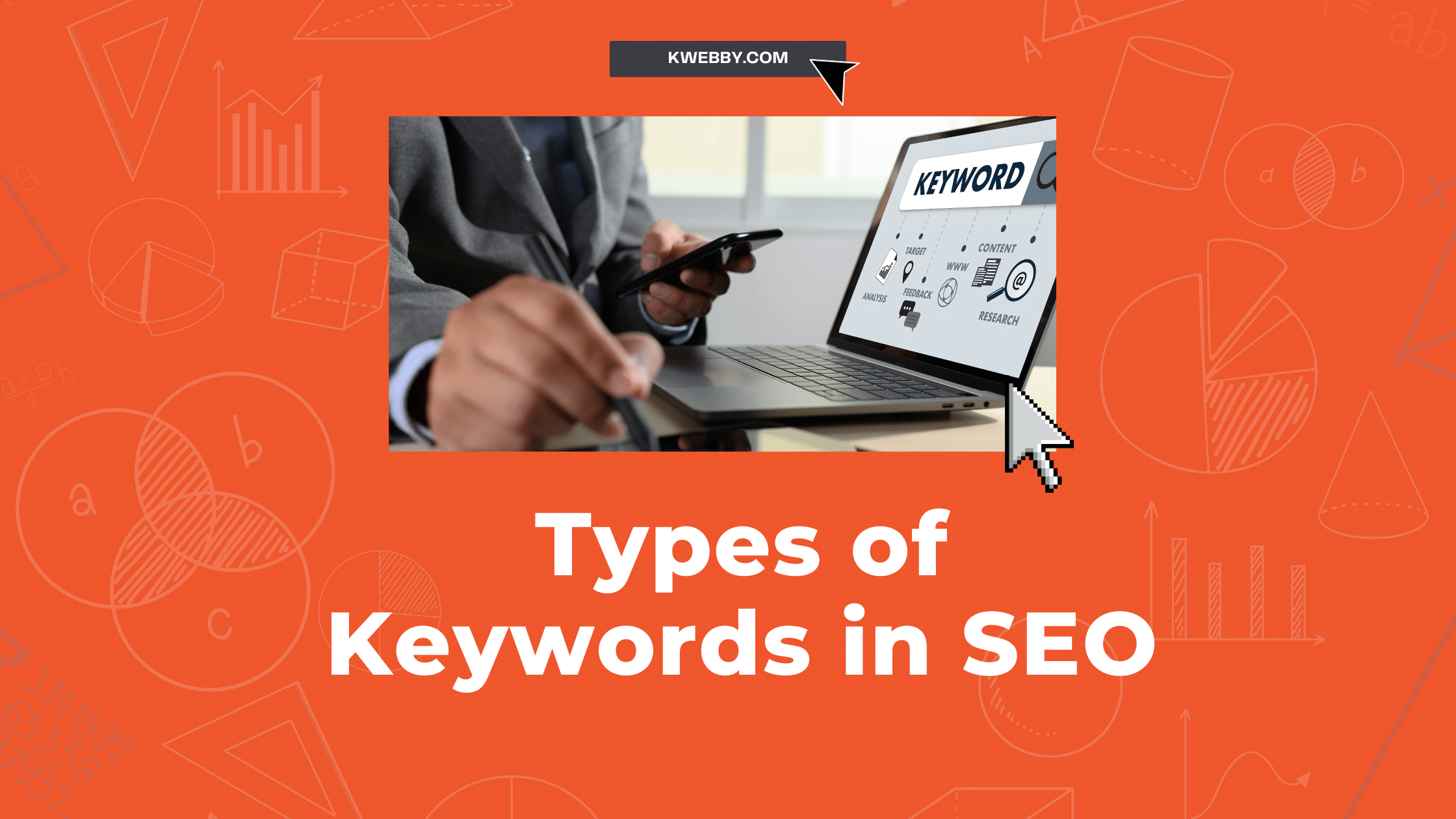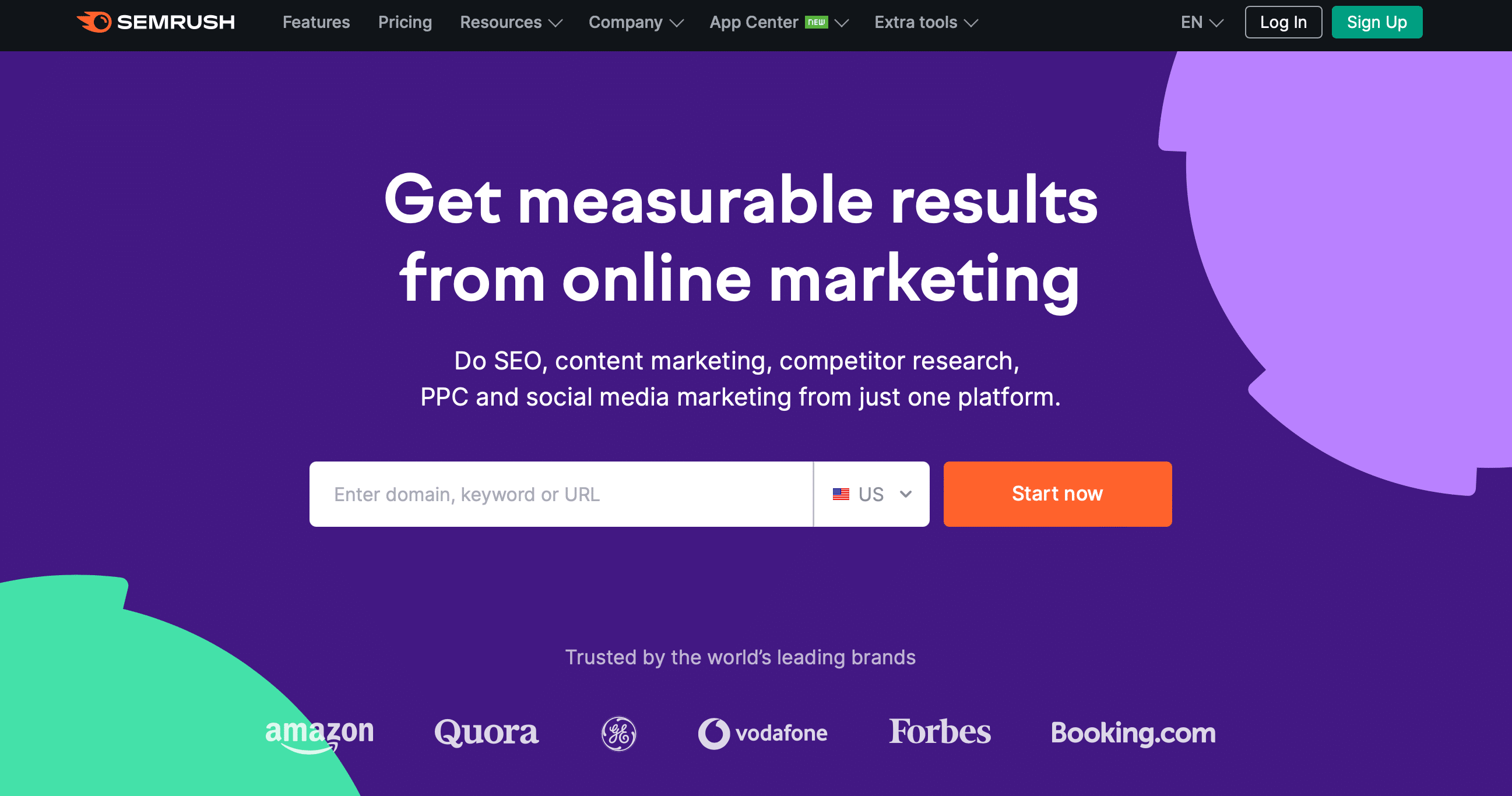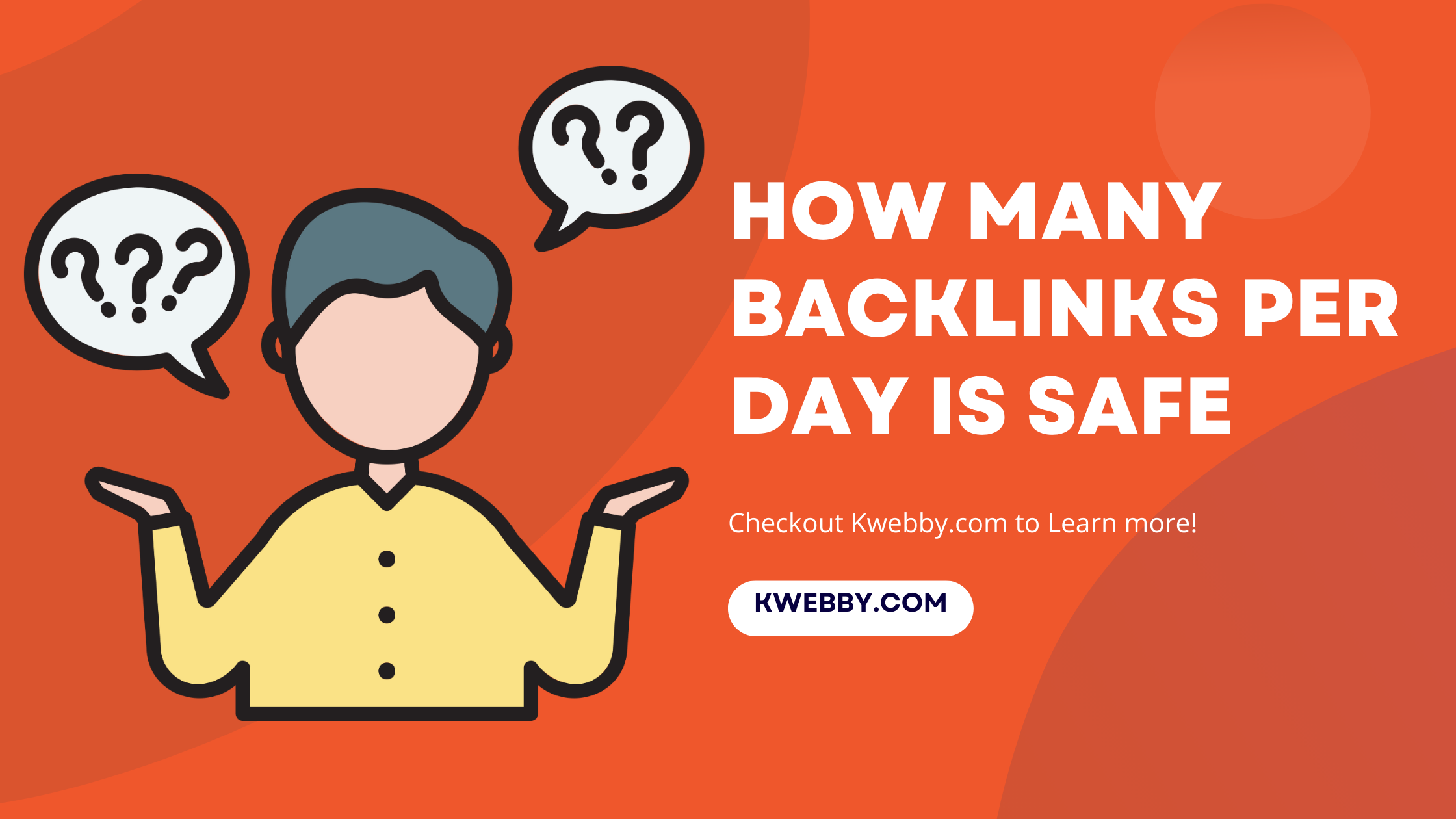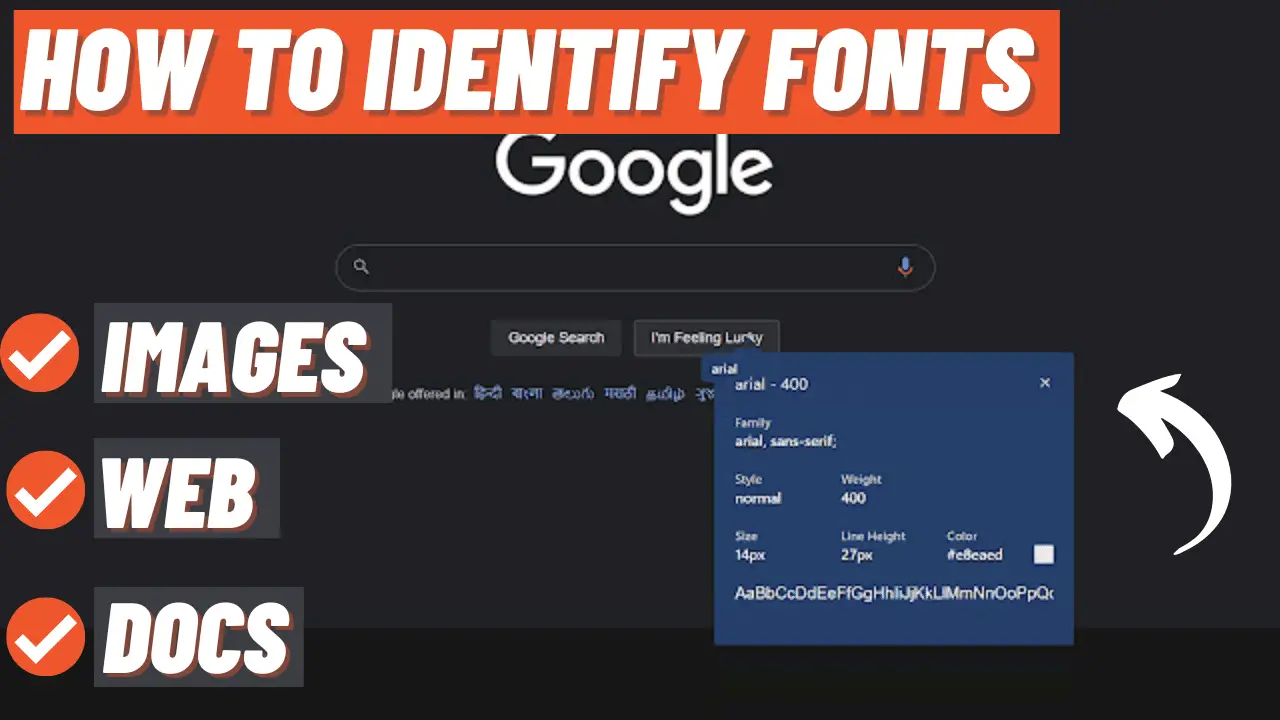
20 Types of Keywords in SEO (With Examples)
Choose Your Language:
Have you ever wondered how many types of keywords are used in SEO? Understanding the different type
s of keywords is the first step towards formulating a robust and successful SEO strategy.
These keywords are the backbone of your Search Engine Optimization efforts, directing potential users to your site and enhancing visibility in an increasingly competitive digital landscape. With the right mix of keywords, your content can reach its intended audience effectively and efficiently.
But just how many types of keywords in SEO? The answer might surprise you. Stay tuned to find out.
1 Tools for Keyword Research
You need tools for keyword research, but there are not many tools available for free you can use Google Keyword Planner (Google Ads Keywords), but it’s highly optimized for Google Ads campaign.
So what’s the solution?
To find the right keywords for SEO, you need to know the SEO difficulty score to gain organic traffic from search engine results pages, we recommend using tools like SEMrush, Ahrefs or Moz Pro. These are some of the most popular keyword research tools used by SEO professionals and marketers.

We recommend using SEMRUSH, read Semrush Review 2023 – Only SEO Tool You Need!

Get your Semrush 7-DAY Trial Now
You can use these keyword research tools to pick the right keywords for your content with high search volume but low competition. This will help you get organic traffic from people searching for those terms on Google and other search engines.
With these powerful tools in hand, you can optimize your website and content with the best keywords that will get you more organic traffic and visibility online. So start researching today! Good luck!
2 Types of SEO Keywords (User’s Search Intent)
In this section, we will discover the type of SEO keywords based on search keyword intent i.e. Informational, Navigational, Transactional and Commercial intent keywords, to sort relevant search queries in these categories.
2.1 Informational Keywords

Informational keywords are often used by users who are in the research phase, seeking more information about a specific topic. These keywords typically start with the “5Ws and 1H”, namely: who, what, when, where, why, and how.
Users employing informational keywords are looking for informative, insightful content that can answer their questions or solve their problems.
Let’s consider an example. If a user types “how to bake a chocolate cake” into a search engine, they’re using an informational keyword. Your website might provide a detailed step-by-step guide on baking a chocolate cake, meeting the user’s information needs.
With a consistent use of relevant informational keywords, you can draw in more of your target audience, answering their queries, and boosting your SEO ranking.
Now, imagine having a tool at your disposal that could help you identify the most effective informational keywords for your site.
2.2 Commercial Keywords

Commercial keywords, on the other hand, are used by users who have moved past the informational stage and are now considering a purchase.
The users have narrowed down their choices and are in the decision-making phase. These keywords usually include terms like ‘buy’, ‘price’, ‘best’, ‘review’, and ‘comparison’.
Consider this example: suppose a user enters the search term “Best DSLR under $1000“. This is a commercial keyword, indicating that the user is likely ready to make a purchase and is comparing their options.
By optimizing your site with these types of keywords, you can direct these highly targeted, ready-to-buy users to your website.
2.3 Transactional Keywords

Transactional keywords are the final piece of the SEO puzzle, used by customers who are ready to make a purchase. These keywords often include terms like ‘purchase’, ‘order’, ‘buy now’, and ‘discount codes’.
Have you ever contemplated how these types of keywords can be a game-changer for your website’s SEO? Let’s delve into an example.
If a user inputs “Order iPhone 12” into a search engine, they’re likely primed and ready to buy. By integrating relevant transactional keywords, you can capture these ready-to-convert visitors and guide them to your website.
But the question remains: how can you find the most effective transactional keywords for your site? The task may sound daunting, but don’t worry, SEMrush is here to assist.
2.4 Navigational Keywords

Navigational keywords are primarily used by users who are looking for a specific website or page. They already have a destination in mind and use the search engine as a tool to get there. These keywords often include brand names, product names, or the names of specific services.
Imagine a user searches for “ZimmWriter Blog“. In this scenario, the user is clearly looking for the blog section of the ZimmWriter website. If you have effectively optimized your site for this navigational keyword, the user should find your website at the top of the search results.
By understanding and utilizing these navigational keywords, you can ensure that your site is easily found by users who are specifically searching for it
3 Types of Keywords (Length)
3.1 Seed Keywords

Seed keywords, often referred to as ‘primary’ or ‘main’ keywords, are the fundamental terms associated with your brand or industry. These keywords typically consist of one or two words and represent your business’s core offerings.
For instance, if you’re in the eCommerce industry selling shoes, your seed keywords might be as straightforward as “men’s shoes” or “women’s boots.
Seed keyword is the first step to keyword research to find mid tail keywords or long tail keywords for the business.
3.2 Short Tail Keywords

Short-tail keywords are broad search phrases that usually consist of one to three words. They’re less specific but have a higher search volume, making them more competitive to rank for in search engines.
These keywords are often used by users who are in the early stages of their buying journey, looking for more general information. For example, a user might search for “Digital cameras“.
But, how can you competently incorporate short-tail keywords into your SEO strategy, especially considering the fierce competition for these terms?
Given their high search volume, ranking for these keywords can significantly boost your visibility and attract a larger audience.
3.3 Long tail Keywords

Long-tail keywords are search phrases that are specific and often longer than other keywords. They are used by users who know exactly what they’re looking for or are closer to the point of purchase.
These keywords are typically less competitive due to their specificity, making them a valuable tool for SEO, especially for smaller businesses or those just starting their SEO journey.
Consider an example: a user searching for a “Waterproof digital camera for underwater photography“. This long-tail keyword is highly specific, indicating the user knows exactly what they’re after.
A business selling underwater photography equipment could thus greatly benefit from incorporating such long-tail keywords into its SEO strategy.
But how can you identify the right long-tail keywords for your brand?
Long tail keywords with less SEO difficulty and right volume count for your target country are the best types of keywords to optimize your content accordingly.
4 Types of Keywords (Match)
4.1 Exact Match Keywords

Exact Match keywords are search phrases that match the exact term or are a close variation of that exact term. They allow you to target your audience very precisely, resulting in higher relevancy and ad ranking, which could lead to better conversion rates.
For instance, if you’re selling wooden furniture, an exact match keyword could be “solid oak dining table.”
This keyword targets users specifically looking for a dining table made of solid oak, reflecting their exact search intent. To make the most out of this strategy, try SEMrush today and discover the full potential of exact-match keywords in SEO.
4.2 Broad Match Keywords

Broad Match keywords encompass any user searches that are a variation or expansion of your keyword. They could include synonyms, singular or plural forms, misspellings, or any other variants.
Broad-match keywords are a great way to reach a wide audience, but they can also lead to irrelevant traffic due to their broad nature.
Consider this example: if you’re a retailer selling cooking utensils, a broad match keyword could be “baking tools“. While this keyword might bring in users searching for anything from baking pans to measuring spoons, it could also attract users looking for baking classes or recipes.
4.3 Phrase Match Keywords

Phrase Match keywords are a type of keyword match that allows your ad to show when someone searches for your exact keyword or your exact keyword with additional words before or after it.
They offer a balance between reach and precision, enabling you to target a wider audience than exact-match keywords without attracting irrelevant traffic like broad-match keywords.
Let’s consider an instance: if you’re selling organic skincare products, a phrase match keyword could be “organic skincare products“. This keyword would also cover search queries like “best organic skincare products” or “organic skincare products for sensitive skin“. This strategy ensures you capture a broader audience while still maintaining relevancy to your offerings.
5 Types of Keywords (Role-Oriented)
5.1 Primary Keywords

Primary keywords, also known as focus keywords, are the main keywords that your content is built around. These are the terms that you want to rank for, the ones that will drive the most relevant traffic to your website.
Primary keywords should be directly related to your business and the products or services you offer. These keywords should be used in your title tags, headers, meta descriptions, and throughout your content.
For instance, if you’re a company specializing in custom-made furniture, a potential primary keyword could be “custom-made wooden dining tables“. It accurately describes your key offering and is a term your potential customers are likely to search for.
However, competition for primary keywords can be high. That’s why it’s essential to utilize a tool like SEMrush to analyze the competitiveness and search volume of these keywords. This way, you can develop a strategy to rank higher for these important keywords in search engine results.
5.2 Secondary Keywords

Secondary keywords are those that support your primary keywords by providing additional context or detail. They are often semantically or topically related to your main keywords, helping search engines understand the breadth and depth of your content.
Incorporating secondary keywords into your content can improve your website’s visibility in search results, driving more targeted traffic to your site.
For example, if your primary keyword is “custom-made wooden dining tables“, potential secondary keywords may include “handcrafted dining tables“, “hardwood dining tables“, and “custom dining room furniture“.
5.3 Competitor’s Keywords

Competitor’s keywords are phrases that your business competitors rank for in search engine results. By identifying and analyzing these keywords, you can gain insights into the strategies your competitors are using to draw traffic and apply similar tactics to your own SEO strategy.
You can use SEMRUSH’s revolutionary Keyword Gap tool to level up your Keyword Research strategy to shortlist lucrative keywords with more search demand to market your brand over them.
Understanding your competitor’s keywords can help you find gaps in your keyword strategy, allowing you to target keywords that you may have overlooked. But how do you find out which keywords your competitors are ranking for?
How can you leverage this information to your advantage?

For instance, if you’re running a customized furniture business and one of your competitors is “FurnitureMart,” you would use SEMrush to investigate the keywords FurnitureMart is ranking for.
You might discover that they’re ranking highly for the keyword “customized bedroom furniture,” a keyword that you haven’t targeted yet.
Armed with this knowledge, you could start creating content around this keyword, helping you compete more effectively with FurnitureMart on the search engine results page.
Ready to get a leg up on your competition?
6 Types of Keywords (Target Oriented)
6.1 Branded Keywords

Branded keywords are search terms that include your brand name or unique product names. They are an essential part of SEO strategy, particularly for building brand awareness and reputation.
Users searching with these keywords often have a higher intent, as they already know your brand or product. But how can you leverage these branded keywords effectively?
Consider a business like Apple; their branded keywords might include terms such as “Apple iPhone 15” or “MacBook Pro“. People searching using these terms are likely already aware of Apple as a brand and are looking for specific products.
The key to maximizing the potential of branded keywords is to ensure that your website and content consistently and accurately reflect your brand name and product offerings. SEMrush can offer remarkable insights into how your branded keywords are performing and guide you in optimizing them.
Remember, branded keywords are a direct reflection of your brand in the eyes of your potential customers, so it is pivotal that they be used effectively. So why not seize this opportunity to boost your brand’s online visibility?
6.2 Generic Keywords

Generic keywords are broad search terms that do not include brand-specific information. These keywords are often related to your industry or products but aren’t tied to your brand in particular.
They are typically highly competitive due to their broad nature, encompassing a wide range of products or services within a given industry.
So, how can you effectively use generic keywords, given their competitive milieu? SEMrush, with its wealth of keyword data, can help you here.
Remember, the potential audience for generic keywords is vast. For instance, consider a term like “smartphone“. It’s not brand-specific, but it’s still highly relevant to businesses in the mobile phone industry.
However, the competition for such a term would be high due to its broad appeal.
6.3 Product Specific Keywords

Product keywords refer to search phrases that are directly tied to a specific product or service your business offers. They are much more specific than generic keywords and often include detailed information, such as the model, color, size or other features of a product. These keywords are used by users who have a clear idea of what they want and are often on the verge of making a purchase.
Being so specific, they are less competitive and easier to rank for, making them a valuable asset in your SEO arsenal. But how do you identify the right product keywords for your business?
Let’s consider an example. If you run an online electronics store, your product-specific keywords might include phrases like “Samsung Galaxy S21 Ultra in Phantom Black” or “Apple Airpods Pro with Wireless Charging Case“.
Users who search with such detailed keywords are likely ready to make a purchase, and with the right strategy, you can levelup your sales by targeting long tail keywords like the same.
6.4 Market Specific Keywords

Market-specific keywords are those that are highly relevant to your specific market or industry. They are narrower than generic keywords, targeting a specific niche within your broader industry or market.
These keywords are particularly useful in reaching your target audience – those consumers who are most likely interested in your products or services. But the question remains, how do you find market-specific keywords that will drive the right traffic to your site?
Market-specific keywords for this business might include “bamboo cutting board,” “organic cotton bedding,” or “recycled glass drinkware.” By targeting these terms, the retailer can attract consumers who are specifically interested in eco-friendly home products, thereby increasing the likelihood of conversions and sales.
6.5 Review Keywords

Review keywords are search terms that include words or phrases indicating a user’s intent to find reviews or feedback for a product or service. They’re a crucial part of your SEO strategy as they can lead potential customers to your website at a critical point in their decision-making process.
But how can you leverage these review keywords to drive more traffic to your site?
Remember, users searching with review keywords are usually on the brink of making a purchase, and positive reviews can tip the balance in your favor.
For example, consider a review keyword like “iPhone 15 reviews“. Users employing such a search term are potentially close to purchasing an iPhone 12 but are seeking reviews to validate their decision.
By optimizing your website and content for such review keywords, you can attract these high-intent users and possibly convert them into customers.
6.6 Customer Centric Keywords

Customer-centric keywords are search terms directly related to your customer’s experiences, needs, and goals. They often include phrases or questions that your customers frequently ask, reflecting their thoughts and concerns.
Using these customer-centric keywords can bridge the gap between your business and your customers, providing solutions that align with their needs and expectations. But how can you uncover these valuable customer-centric keywords?
Let’s take an example. Suppose you’re a fitness equipment retailer. Your customer-centric keywords could be queries like “best home gym equipment for beginners” or “how to maintain a treadmill at home“. These keywords reflect your customers’ needs and questions.
By targeting these keywords, you can not only improve your SEO ranking but also provide valuable content that addresses your customers’ concerns, thereby building trust and fostering customer loyalty.
6.7 LSI Keywords (Semantic Keywords)

LSI Keywords, or Latent Semantic Indexing Keywords, are essentially SEO terms that help search engines better understand your website’s content.
You can use SurferSEO to find LSI or semantic keywords to optimize your content around it, Read, Surfer SEO Review – Worth it or Not in 2023.
These related keywords provide context, helping search engines to comprehend a page’s subject matter. So, how can SEMrush help you in identifying these valuable LSI keywords?
Let’s illustrate this. Suppose your primary keyword is “weight loss diet”. LSI keywords could be terms like “healthy weight loss diet plans”, “weight loss recipes”, “calories intake for weight loss”, and “best foods for weight loss”.
By incorporating these LSI keywords into your content, you can not only enhance your SEO strategies but also provide a more comprehensive and relevant information source to your audience. So, why not start leveraging SEMrush’s capabilities to optimize your SEO efforts with LSI keywords today?
7 SEO Keywords vs PPC Keywords – The Difference
SEO and Paid Search Ads often target the same phrases and search volume. However, the purpose and execution of these two types of keywords are distinctly different.
SEO keywords are integrated into your website’s content to attract traffic from search engines organically. Also known as “organic keywords,” they aim to improve your site’s SEO rankings, thereby increasing visibility and the likelihood of attracting clicks from organic search results.
Paid Search Ads keywords, on the other hand, are the phrases you bid on as part of your Pay-Per-Click (PPC) advertising campaigns. Advertisers leverage these keywords to display ads in the sponsored section of search engine results, aiming to drive a more immediate influx of traffic to their website or specific landing pages.
Let’s illustrate this with an example. Suppose the keyword is “affordable vacation rentals“. As an SEO keyword, you might include this phrase within blog articles, webpage headings, meta descriptions, or image alt text on your site to increase your visibility in organic search results.
But as a Paid Search Ad keyword, you would bid on “affordable vacation rentals” to have your ad appear when users search for this term, leading them directly to your site or a specific landing page with relevant offerings.
8 Conclusion
In conclusion, the world of SEO is continuously evolving and staying ahead requires a comprehensive understanding of different types of keywords. From high-volume generic terms to market-specific long-tail keywords, each type serves its unique purpose in driving relevant traffic to your website.
Remember, with SEMrush’s advanced keyword research tools at your disposal, you have the power to uncover hidden opportunities and optimize your content for maximum visibility and conversions.



